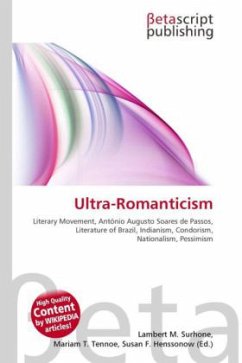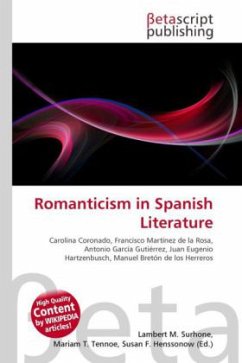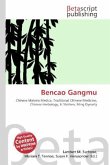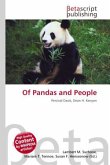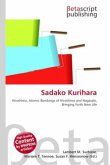Please note that the content of this book primarily consists of articles available from Wikipedia or other free sources online. Ultra-Romanticism (Portuguese: Ultrarromantismo) was a Portuguese and Brazilian literary movement that occurred during the 1840s, 1850s and the first half of the 1860s. As the name implies, it is an overvalue of the Romantic ideals. The first Ultra-Romantic poem was "O noivado do sepulcro" ("The tombstone engagement"), by Portuguese poet António Augusto Soares de Passos. In Brazil, it is called "the second phase of the Brazilian Romanticism", being preceeded by the "Indianism" and succeeded by the "Condorism". The "Ultra-Romanticism" changed the ways of the Romanticism in Brazil. Values such as nationalism and valorization of the Indian as the Brazilian national hero, a constant theme of the previous Brazilian Romantic generation, are now almost completely absent. This new generation, heavily influenced by German Romanticism and works by Lord Byron, now focalizes in dark and Gothic themes, such as pessimism, Satanism, longing for death and childhood and the mal du siècle. Love is heavily idealized and platonic, and there is the presence of egocentrism in the poetry.

